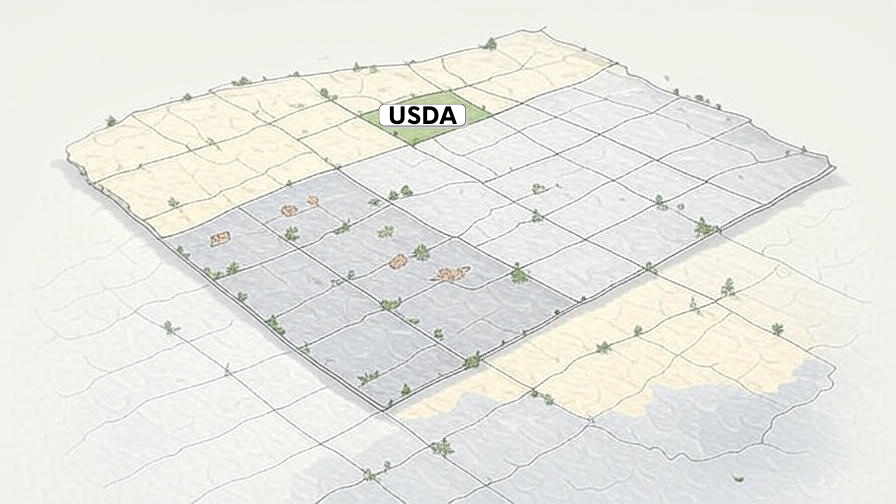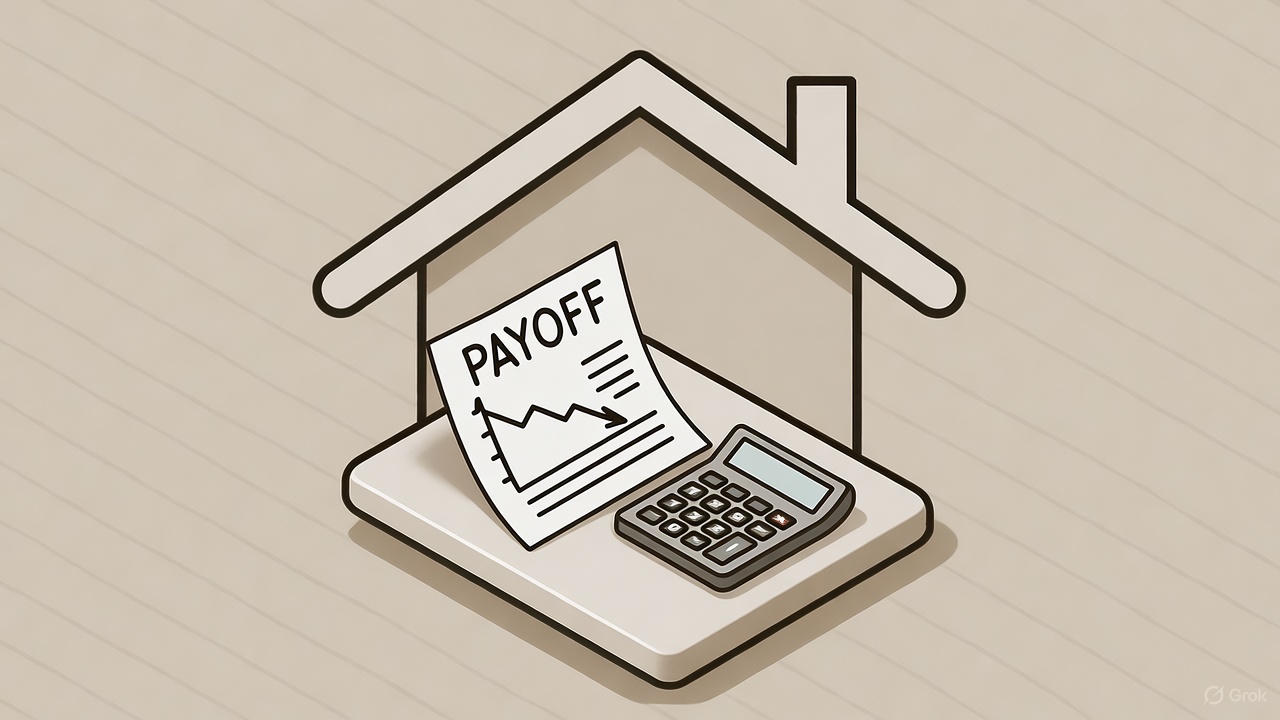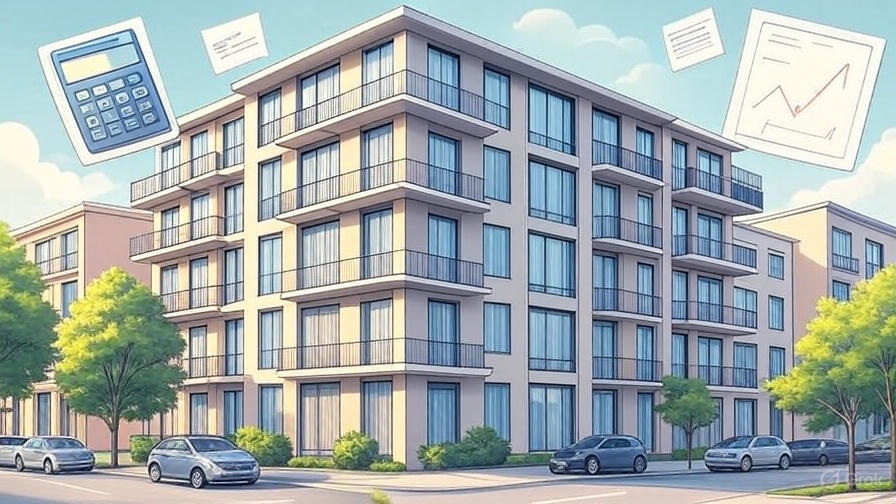USDA loans aren’t just for farmland anymore. Wake County families earning up to $106,600 can still qualify for zero-down financing in nearly half the county—but the qualification box is tighter than most buyers expect.
Why USDA Income Limits Surprise Triangle Buyers
USDA stands for the U.S. Department of Agriculture, and most people assume these loans are only for rural farm properties. The reality is different. USDA’s Rural Development program offers zero-down home loans to moderate-income families in areas they define as “rural”—which includes many suburban neighborhoods near Raleigh.
Wake County USDA limits reach $106,600 for 1-4 person households and $140,700 for larger families—higher than many dual-income households expect. But earning under the limit is just the starting line. USDA has the most restrictive qualification requirements of any major loan program.
The trade-off: if you clear all the hurdles, USDA offers the lowest cost loan (other than VA) and lower mortgage insurance costs than other loan programs. For broader context on no-money-down options, see Can I Really Buy With No Money Down? and Are First-Time Programs Worth It?
Wake County’s Actual Income Caps
Two USDA programs serve different income brackets in Wake County:
USDA Guaranteed: $106,600 (1-4 people) / $140,700 (5-8 people)
USDA Direct: Lower limits starting at $104,200
The guaranteed program is what most buyers use—private lenders originate these loans with USDA backing. Direct loans come straight from USDA for lower-income families. Both require the property to sit in USDA-eligible areas, which covers about 44.8% of Wake County.
These limits increase with household size. A family of six might qualify at income levels that would disqualify a couple. You can check your specific income eligibility and search property addresses at the USDA eligibility site for Single Family Housing Guaranteed loans.
USDA also offers direct loans, multifamily programs, and business assistance, but the guaranteed single-family program is what most Triangle homebuyers use.
When Buyers Choose USDA Over Other Programs
USDA becomes the clear winner when you don’t qualify for VA benefits and you fit the qualification box. The monthly guarantee fee is the lowest of any mortgage insurance program—lower than FHA, conventional PMI, or VA funding fees. The upfront guarantee fee is also significantly cheaper than FHA’s upfront premium.
Common triggers: a couple earning $90k looking at $350k homes in Apex or Holly Springs discovers their target neighborhood falls within USDA boundaries. The monthly savings versus FHA can be $100-200 over the loan life.
The Qualification Rules That Trip People Up
USDA has stricter requirements than FHA or conventional loans in several key areas:
- No co-signers allowed—all qualifying income must come from people living in the home
- Asset limits apply—you can’t have significant liquid assets sitting around
- Higher credit score expectations—while not impossible with lower scores, approval gets much harder
- Lower debt-to-income tolerance—USDA wants to see stronger monthly cash flow than other programs
- Property restrictions—manufactured homes generally not allowed unless new construction or currently USDA-financed
Common Misconceptions And Costly Mistakes
Buyers often stumble on these USDA-specific rules:
- Assuming all “rural-looking” areas qualify—some suburban neighborhoods are ineligible while others that feel urban still qualify
- Planning to use parents as co-signers—USDA doesn’t allow this safety net
- Underestimating the asset review—having too much cash in savings can disqualify you
- Shopping for manufactured homes without checking USDA’s specific requirements first
Local Reality: Where USDA Works Best
In Wake County, USDA fits a specific buyer profile: steady income under $106,600 (or $140,700 for larger families), solid credit, manageable debt levels, and flexibility on location. Many Triangle suburbs still qualify, but you’ll need to check the property eligibility map before falling in love with a specific address.
The program works especially well for buyers who value the lowest possible monthly payment over maximum house-hunting flexibility. If you qualify for VA benefits, that’s usually the better choice. If not, and you meet USDA’s qualification box, it beats FHA and conventional programs on cost.
Use the USDA eligibility site to determine if a specific address qualifies for the program—it’s the most reliable way to check property eligibility before you start shopping.
FAQ
Wake County USDA income limits are $106,600 for 1-4 person households and $140,700 for 5-8 person households for guaranteed loans. Direct loans have lower limits starting at $104,200.
No, USDA loans do not allow co-signers. All qualifying income must come from household members who will live in the home.
Manufactured homes are generally not allowed unless they are new construction or the home currently has USDA financing.
USDA has the lowest monthly guarantee fees of all mortgage insurance options, and the financed guarantee fee is significantly lower than FHA or VA.
Want to see if you qualify for USDA or other 0% down options?
I’ll check your eligibility for USDA, VA, and other zero-down programs—so you know exactly which path saves you the most money. Clear qualification review. Real program comparisons. Smart financing decisions.
Prefer to talk? 984-289-6479 · wolff@michaelthebroker.com




